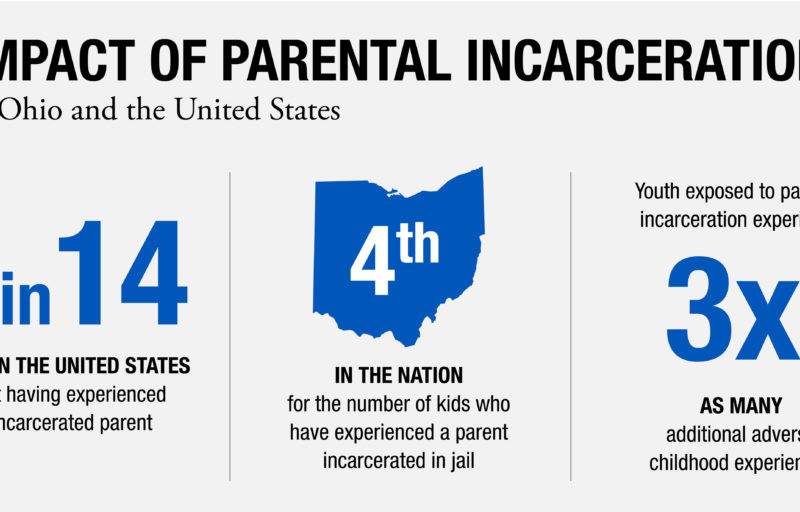How to Advocate for Patients with Legislators
How to Advocate for Patients with Legislators https://pediatricsnationwide.org/wp-content/themes/corpus/images/empty/thumbnail.jpg 150 150 Steve Allen, MD Steve Allen, MD https://pediatricsnationwide.org/wp-content/uploads/2021/03/010416ds0009g-Allen-headshot.gif- July 26, 2017
- Steve Allen, MD
Perhaps more this year than any other in recent memory, the health care community has come together against a proposed piece of federal legislation.
While opposition to the American Health Care Act/Better Care Reconciliation Act has been particularly urgent, hospitals and medical associations regularly engage in government advocacy work. At Nationwide Children’s Hospital, for example, we believe we have an obligation to speak for the vulnerable population we treat. Many institutions remain committed to representing their patients in ongoing policy debates.
Hospitals and associations, though, are hearing from individual medical professionals who want their own voices heard in health care policy issues. They want to know: does it make sense for us to reach out to our elected representatives? How can we best cut through the noise?
First, you should reach out to legislators and government officials about any health care issues you believe are important. If you are in the health care field, you are a subject matter expert. A nurse in a pediatrician’s office, a dietician in a heart clinic, an orthopedic surgeon, all have a perspective on health care that a government official does not. If you are a social worker or a care coordinator, you have a ground-level view of community resources available for patients and their families.
Legislators must learn a great deal on topics ranging from taxes to international trade, combat readiness to roadway infrastructure. They need content experts like you informing them about how their decisions will affect the health of patients. They respect the work you do, and they will respect your opinion.
With that in mind, here are some tips and tactics to consider when you do contact them:
- Do you have a short-term goal (i.e. you want your legislator to vote one way on a certain bill), or a long-term one (i.e. you want to raise an issue for consideration)? When it’s time to vote on a bill, legislative offices often just tally the number of people who contact them. An email or phone call simply registering support or opposition is probably the best strategy; a lengthy communication may not get the proper attention.
- If a long-term goal, consider writing a paper letter. Most communication from voters comes electronically. A typed or hand-written letter stands out and is more likely to garner a response. Any way you reach out, though, is better than staying quiet.
- Identify yourself by your professional title, but not always as an employee of your institution. Your position as a medical professional gives added weight to your opinion. Unless your institution or employer has specifically asked for you to advocate on their behalf, though, it may be best not to include where you work. They may have organizational goals that do not reflect your opinion.
- If you belong to a health care association, participate in their advocacy days in Washington D.C. or your state capital. Those events are important ways for public officials to learn about your work. Consider letting your institution know ahead of time, because many hospitals can help magnify your association’s message.
- Vote and advocate locally! There are countless issues in your community that can affect your patients’ well-being, from board elections to levies benefiting parks and recreation. You often can have a very direct impact when you simply go out and vote.
Officials, Republican and Democrat, really do want the best for their constituents. Maybe we’re optimists in the health care field, but our experience has convinced us that it’s true. So much of the health care conversation though, is conducted by people who don’t have front-line experience helping patients.
We do. It’s up to us, as members of the medical community, to stand up for those who need our care.
About the author
Steve Allen, MD, is CEO of Nationwide Children’s Hospital, a position he has held since 2006. Nationwide Children’s treats children from around the world as an elite, destination, pediatric teaching hospital and research institution. He leads an organization that has defined a new model for delivering state of the art care and generating new cures in an environment of unsurpassed quality. Nationwide Children’s shares its knowledge by teaching the next generation of providers and developing innovative community outreach programs to address critical healthcare needs. All this is firmly wrapped in the hospital’s 130-year mission to provide every child with the finest medical care regardless of their families’ ability to pay.
Dr. Allen is gratified to lead such a purpose-driven organization. Nationwide Children’s success is fueled by an environment of continuous improvement. He derives remarkable insights from asking all levels of staff and families for their ideas on how the organization can do even better. While there are successful healthcare executives who come from a broad background, his perspective gained from the practice of medicine not only influences how he prioritizes the work, but also how he leads.
His passion for population health and wellness drives participation in legislative advocacy at the state and national level. This focus is critical to advancing children’s healthcare. Dr. Allen was appointed Chair of the Children’s Hospital Association (CHA) 2016 Board of Trustees.
-
Steve Allen, MDhttps://pediatricsnationwide.org/author/steve-allen-md/
-
Steve Allen, MDhttps://pediatricsnationwide.org/author/steve-allen-md/
- Post Tags:
- Advocacy
- Health Policy
- Posted In:
- In Brief







